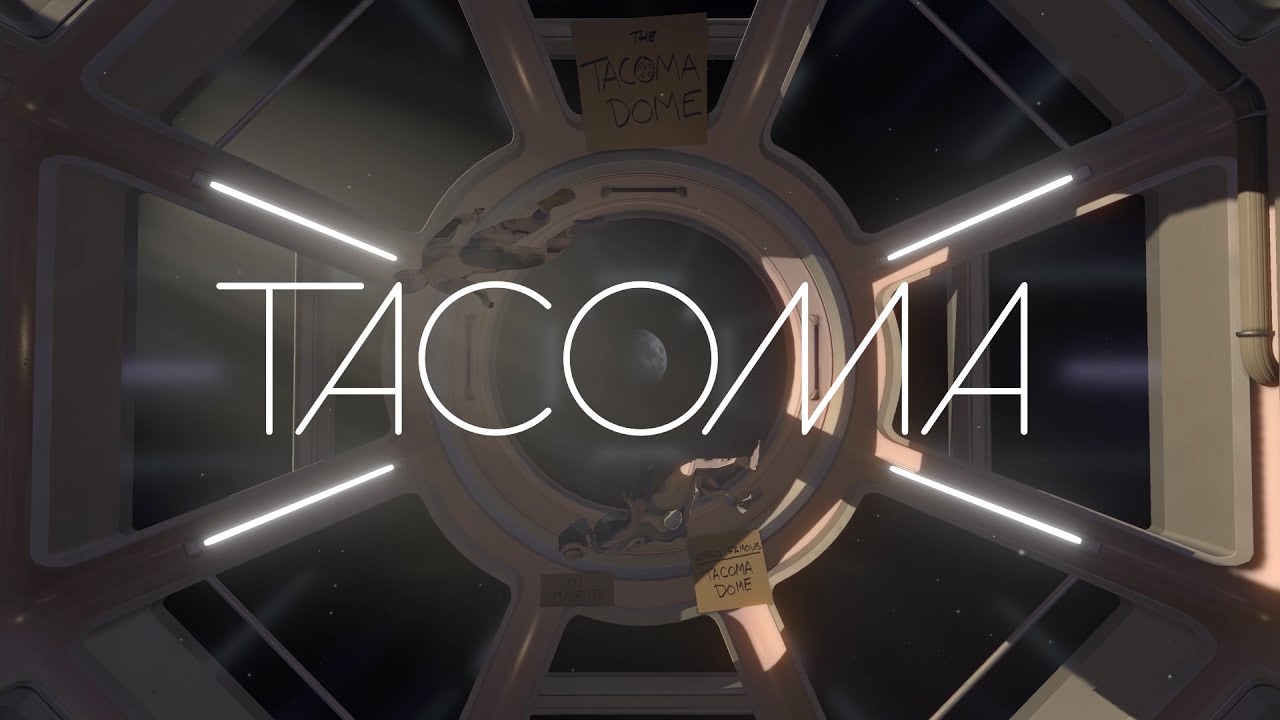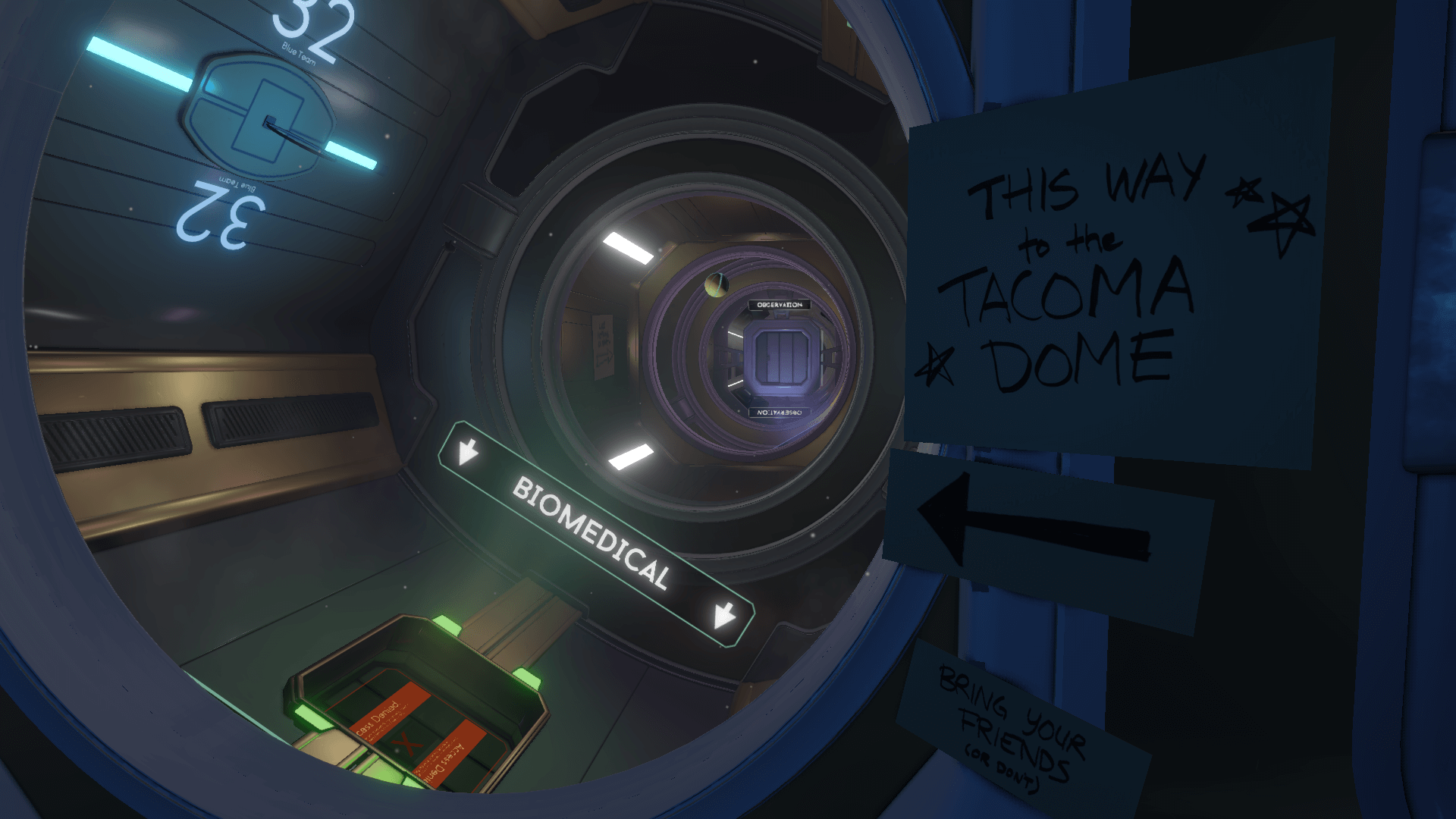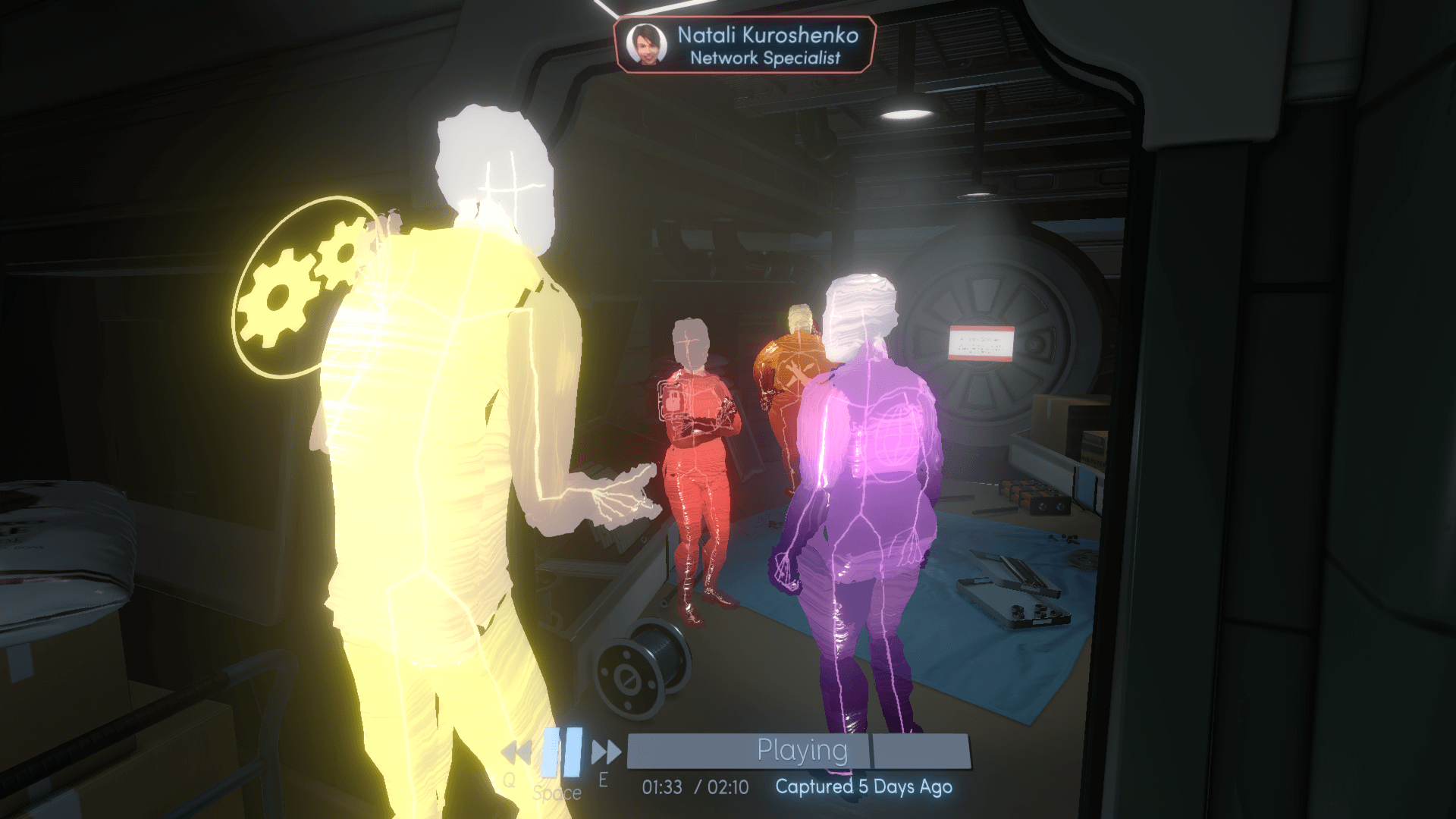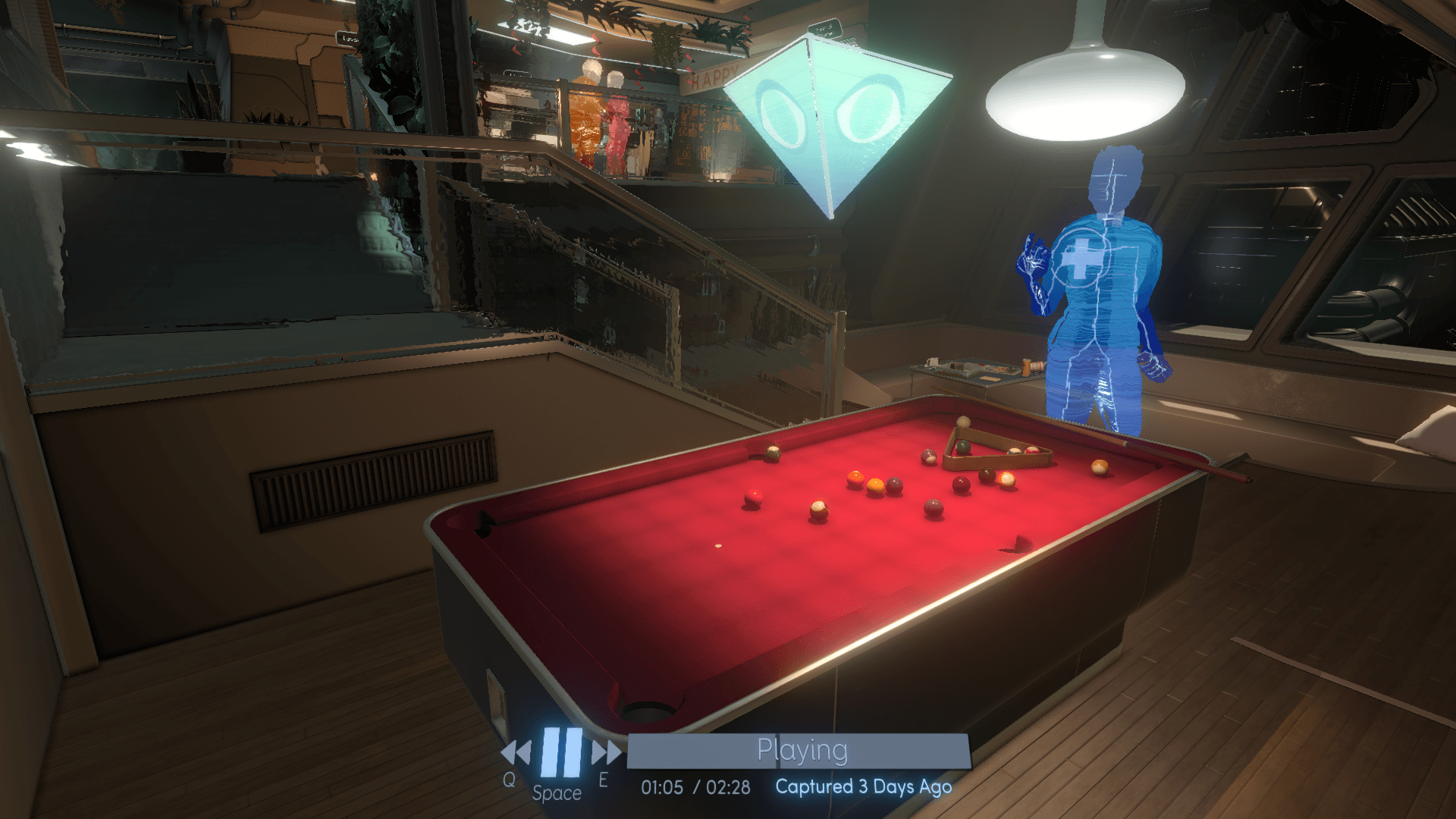Title: Tacoma
Available On:
Developer: Fullbright
Publisher: Fullbright
Genre: First-Person Simulator
Official Site: https://tacoma.game/
Release Date: August 2, 2017
Where To Buy: Steam,
One of the most unexpectedly delightful games that I had a chance to play last year was a small indie game known as Gone Home. Giving the impression of a mystery, even a horror based genre, it held an excellent and surprisingly emotional story. Since then I’ve anticipated the next game from Steve Gaynor and Fullbright studios hoping that it also lives up to the same standards as Gone Home. This next game, Tacoma, has a lot of good inside of it.
Tacoma is the second game from Fullbright studios. While Gone Home put you in a much more consolidated and grounded world wandering around your childhood home, Tacoma takes you into a futuristic space station known as the Tacoma. Your job as a subcontractor is to board the station, gain access to the artificial intelligence system known as ODIN, and collect the recordings of the events that took place that caused the crew to be evacuated.
Each section of the station contains a separate recording of the crew members’ interactions, and by watching these, your character, Amy Ferrier, can gather the information of these events and transmit them all back to the company who sent you. In doing so, you find that the oxygen supply on board is cut short by a meteor, forcing the crew to take action. Without spoiling one of the major revelations, which Fullbright carries out in true “Gaynor” fashion, the game takes an unexpected and you begin to understand the full scope of the events that transpired.
One of the best parts of Gone Home was the development of the few characters, and Tacoma does a truly excellent job of amplifying that to each of the different crew members, and then eventually, Amy herself. As the game gives you the ability to rewind the various conversation recordings, you get to encounter each of the characters individually and see their particular circumstances and relationships.
In addition to this, you also gain access to their HUD displays, which lets you hear what songs they’re listening to, see what pictures they’ve looked at, and the different email and text conversations they’ve been having. You also have brief glimpses into their personal time when they’re alone in their room, giving them an even deeper character development that isn’t present in the main conversations. Each of these encounters helps to flesh out these crew members and make you feel like you’re less of a random bystander and more of another member of the Tacoma.
The last excellent section of this character building is by making the AI a personal or enjoyable encounter. The first voice outside of your own that you experience is that of your ship’s AI, a bright and friendly personality known as Minny. You then have various encounters with the onboard AI ODIN who, while having the sentience of a computer system, also acts as a personal and close companion and confidant to the crew.
The music and environment design help to ground this otherwise unrelatable experience as well. Though the game takes place seven decades from now with obvious technological advances, they all seem to make complete sense technically and don’t break the immersion. One example of this is the use of sign language to interact with an artificial interface. This small, simple in-game feature makes so much sense practically in this distant world. The background music for each circumstance, though, is still from our current decade, which gives players a sense of familiarity and attachment to this otherwise unfamiliar circumstance.
While all of this makes the game feel more personal, the story is still futuristic and has much to do with business ethics and global politics. As much of this can get very technical and rely on the reading of some fairly detailed encounters with heads of businesses, the full story can be hard to grasp without a relative political understanding. This doesn’t necessarily break all of the good that the game does in design and character, it takes away from the personal connection that Gone Home was able to bring through its more grounded story.
Verdict: Tacoma is an excellent experience that capitalizes on the character building that Fullbright and Gaynor have become so accustomed to. While the story may fall shorter than Gone Home‘s did, it still encapsulates the player in a futuristic world that makes sense by having likable and real characters interacting with each other. It treads the line between unapproachable future and familiar present perfectly. By the time you hit the final scene of this concise experience, you’ll likely smile understanding your role in this world. It’s different than Gone Home, but does a lot to make it seem familiar.
[review]











